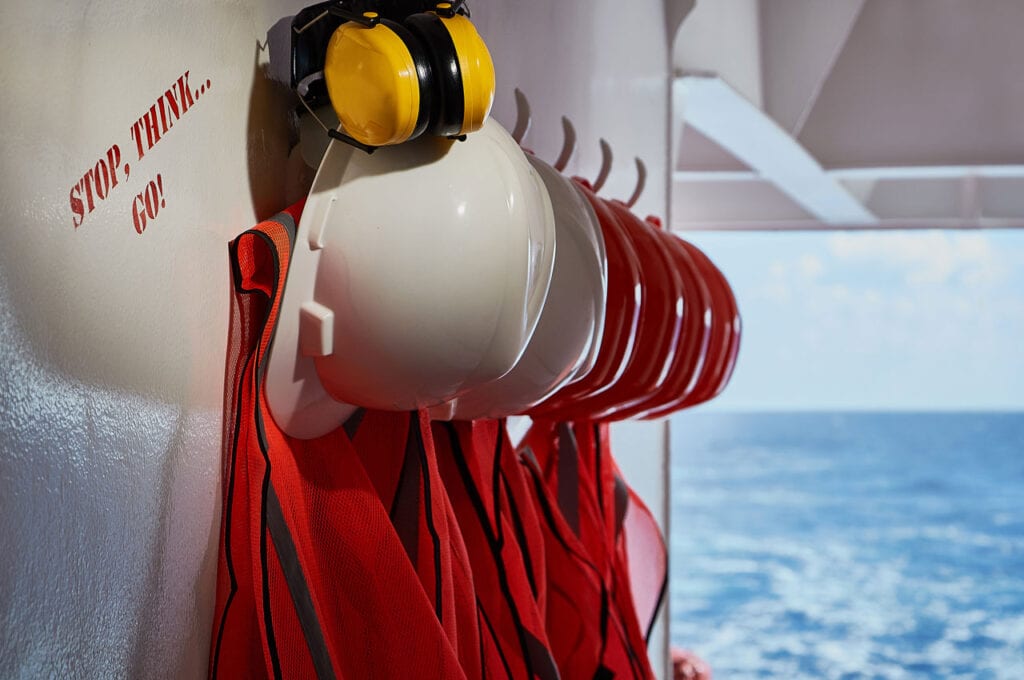Introduction:
Ready access to reliable and up to date guidelines on safe working practices, inclusive of their implementation, is essential for all industries. Such guidelines and their effective and consistent application are even more critical to seafarers who work in a relatively high risk and often remote environment.
This Risk Bulletin is therefore focused on raising awareness of the availability of the latest update to the UK Marine Coastguard Agency’s (MCA) publication Code of Safe Working Practices for Merchant Seafarers (COSWP). It also encourages the specific incorporation of the COSWP work-safe industry standards into the ISM Code SMS manuals and procedures on board all vessels operated by MM members.
Background
As explained by the MCA, “The Code is an authoritative best practice manual on health and safety on board ships … It deals with the regulatory framework for health and safety on board ship, safety management and statutory duties … and gives practical information on safe working.”
MM’s prior advice on the COSWP was contained in the first MM Risk Bulletin (RB Zero) posted on 12 July 2018. It advised that although COSWP was created as a safe working guideline for UK flag vessels, its value as an important loss prevention tool on board all ships – regardless of flag or trade – has been recognised throughout the global shipping industry for many years.
The carriage of an updated hard copy of COSWP is a statutory requirement on board all UK flag commercial vessels. However, it is not mandatory on board any other flag state vessel unless that vessel’s ISM Code SMS safe work procedures make specific reference to the incorporation of COSWP. Despite this limitation and probably because of COSWP’s almost universal recognition as a best practice guide, Port State Control (PSC) Officers in many countries may consider it as an essential shipboard publication regardless of the inspected ship’s flag.
MM members are also reminded that, as provided by MM’s P&I Full Condition Survey Form Part B Section 4 (Operational Publications and Manuals), Item 4.14., they are required to ensure their manned vessels are provided with an updated copy of COSWP.
What is the Latest Edition/Version of COWSP?
The COSWP publication, 2015 Edition, is the latest edition. This Edition has been updated by a series of five Amendments to date and this process continues. The latest Amendment is MIN 649 (M) Amendment 1 – COSWP Amendment 5 2020 as notified by the MCA on 26 Nov. 2020. This notification summarises the latest updates which have been made to COSWP since the posting of the first MM RB on this subject as noted above.
NOTE: The introductory text to MIN 649 (M) contains an apparent error in that at Para. 2.1 refers to the “2019 4th Edition of the Code”. To avoid confusion, the word “Edition” should be deleted and replaced by the word “Amendment”.
All of the amendments to COSWP, including Amendment 5, October 2020, are fully incorporated into an updated and consolidated hard copy version available from most nautical booksellers and chart agents at a cost of about GBP 40. Amendment 5 is also available by itself as a set of loose leaf pages for updating existing COSWP hard copy binders.
A free online version of COSWP 2015 Edition – Amendment 5, October 2020 is available from the MCA website. This soft copy version contains the full text and all diagrams as provided in the hard copy publication.
Overview of the Latest Amendments to COSWP
The essential features of the latest amendments (many of which relate to SOLAS updates) are summarised in MIN 649 (M) and include the following:
Chapter 4
- New section on passenger ship Damage Control Drills (SOLAS).
- New annex with table of emergency drills and their frequency.
Chapter 6
- New section and links to MCA publications on “Well-being at sea”
Chapter 12
- Updated information on vibration exposure limits (SOLAS).
- Updated annex and table of recommended maximum sound limits for different areas on board ship (SOLAS).
Chapter 15
- Updated information on personal monitoring equipment (SOLAS).
- New table about testing for toxic gases.
Chapter 20
- Updated information on power isolation while working on powered machinery or equipment (SOLAS and IACS).
- New section on critical equipment.
- New information on the lock out, tag out (LOTO) safety procedures.
Conclusion and Takeaway
MM supports the implementation of the safe working best practice advice which is provided by the COSWP, as amended. MM therefore encourages its Members to provide a PDF copy of this Risk Bulletin to their ship managers, DPAs and Masters. Members should also ensure that:
- Shipboard implementation of the COSWP best practice is accomplished by incorporating a specific reference to the COSWP into each vessel’s ISM Code or Non Convention Vessel Standards (NCVS) SMS manuals and procedures relating to safe working and shipboard safety.
- SMS manuals and procedures are kept up to date by reference to on-going COSWP amendments and that this is confirmed during both internal and external SMS audits.
- All of their vessels are able to provide ready access to updated/amended copies of the COSWP, preferably in hard copy format, for easy reference by all crew members, Port State Control (PSC) inspectors and MM P&I surveyors.
- The STCW required shipboard familiarisation process for all new crew members includes an introduction to the COSPW and confirmation that its best practice processes are incorporated into the vessel’s SMS safe work procedures.
- DPAs and Masters are encouraged to refer to the COSWP as an integral part of shipboard emergency drills and safety meeting discussions.


